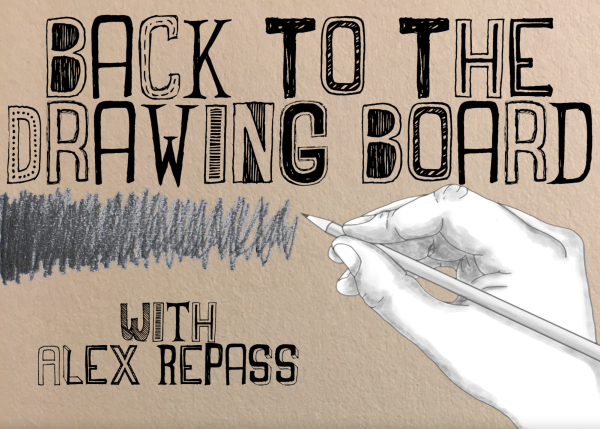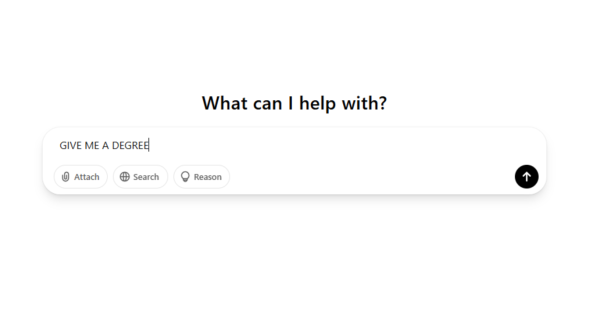Racy Stacy: Details on HIV testing at Roger Williams
As some of you may remember, during the spring semester of last year, I talked about the most common Sexually Transmitted Diseases (STDs) that doctors see in college students, as well as the negative stereotype that surrounds STDs. If you haven’t noticed, there has been a lot of information around campus about the HIV/STI testing that Health Services is providing. Although HIV may not be one of the most common among college students, it is still prevalent among young adults. Today, I’m going more in-depth about HIV.
First of all, it’s important to understand what HIV is, and where it comes from. HIV stands for human immunodeficiency virus. According to HIV.gov, HIV is “a virus spread through certain body fluids that attacks the body’s immune system, specifically the CD4 cells, often called T cells.” This virus makes it hard for the body to fight off infections and diseases. There is no cure for HIV, but with medical care, it can be controlled.
The most common way to contract HIV is through sexual behavior and needle or syringe use. Symptoms include: fever, chills, rash, muscle aches, sore throat, fatigue, swollen lymph nodes and mouth ulcers. However, just because you have these symptoms does not mean you have HIV. On the other hand, some people with HIV may not ever get these symptoms.
HIV is especially dangerous because a person may have it for years with no symptoms, which is why it’s so important to regularly be tested.
Here at school, there will be several options for free and anonymous HIV testing throughout the semester. Take advantage of this opportunity and visit Health Services on one of the days below:
– HIV and full STI screenings will occur: October 17 from 3-5 p.m., November 14 from 3:15-5:15 p.m. and December 12 from 3:15-5:15 p.m. in Health Services on the second floor of CSD (across from Cedar Hall).
– The HIV testing is free of charge and the full STI screening has a fee of $50. Funding is available for students with financial hardships.
– The testing done on campus is anonymous for all.
– It is important to not eat for 20 minutes prior to taking the tests due to the HIV screening being a swab of the patient’s gums.





